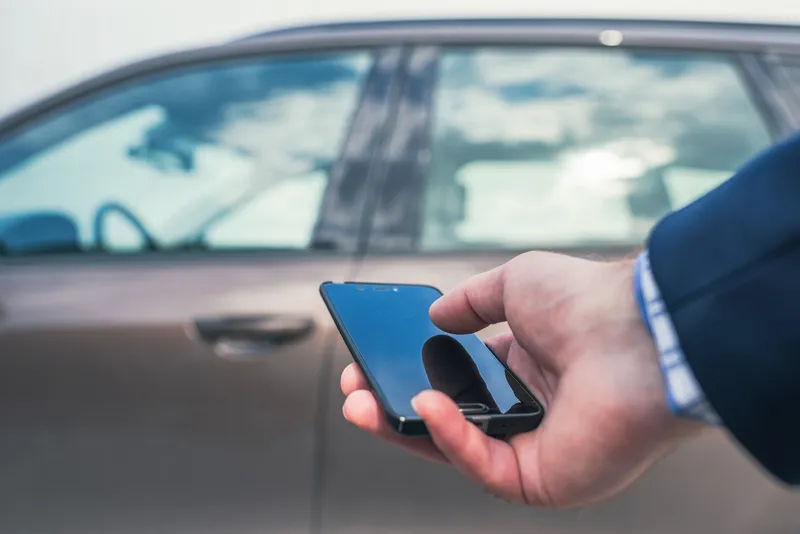Iridium Communications has unveiled its next-generation Iridium 9602 satellite data transceiver, a fullduplex Short-Burst Data (SBD) transceiver designed for embedded applications in remote asset tracking and monitoring applications. The product, which is the culmination of a two-year R&D programme, has completed prototype testing, and Iridium expects to begin commercial deliveries in June.
February 1, 2012
Read time: 1 min

Don Thoma, Executive Vice President for Marketing at Iridium: "The matchbox-sized Iridium 9602 is 69 per cent smaller, 74 per cent lighter and considerably less expensive than the first-generation Iridium 9601 SBD modem."








